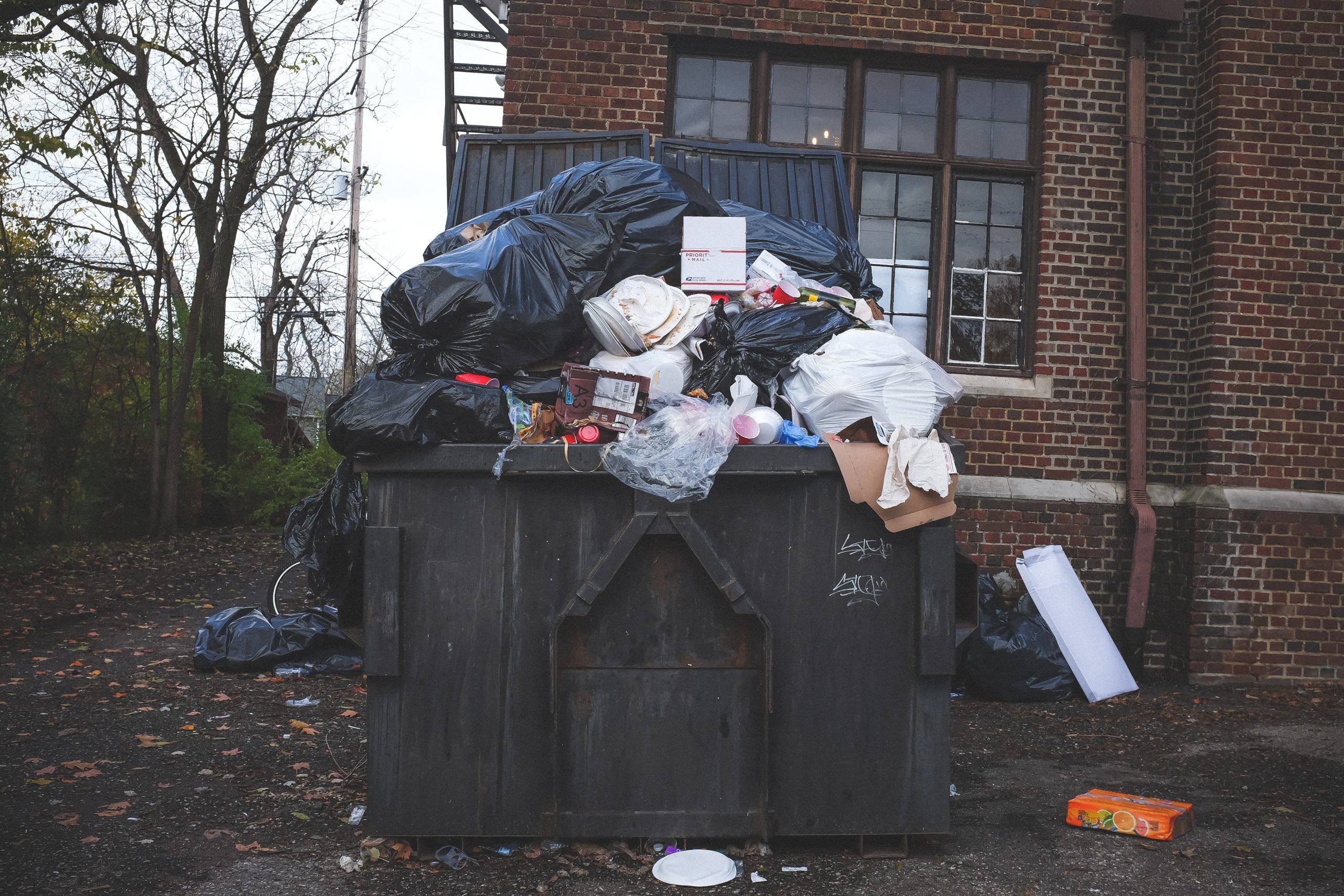In a world where sustainability is a growing concern, architects in the UK are stepping up to the plate by harnessing their skills to tackle one of the construction industry’s most pressing issues: Construction and Demolition Waste (CDW). By strategically designing out waste in residential projects, these architects are not only shaping the future of housing but also contributing to a greener and more sustainable environment.
Embracing the Circular Economy:
Architects are increasingly adopting the principles of the circular economy, where materials are kept in use for as long as possible through recycling, reusing, and repurposing. This shift in mindset starts at the design phase. By choosing materials that are easy to recycle, sourcing locally, and opting for modular construction techniques, architects can drastically reduce the amount of waste generated during both construction and eventual demolition.
Designing for Deconstruction:
In the past, buildings were often designed with a focus solely on their lifespan. Now, architects are envisioning buildings that can be easily deconstructed when their usefulness wanes. This means creating structures where materials can be disassembled and reused without compromising their quality. By incorporating reversible connections and standardized elements, architects enable future generations to repurpose these materials, reducing the demand for new resources.
Material Selection Matters:
Architects are also wielding their influence through careful material selection. By opting for materials with a lower environmental impact, such as recycled steel, reclaimed wood, and low-carbon concrete alternatives, they are minimising the initial ecological footprint of a project. Additionally, selecting materials that can be recycled or repurposed at the end of their life ensures a more sustainable approach to waste management.
Prefabricated and Modular Construction:
Prefabricated and modular construction techniques are gaining popularity in the UK for their waste-reducing benefits. These methods involve creating building components off-site and assembling them on-site, leading to less material waste and quicker construction times. Architects adept in these techniques can design homes that not only reduce CDW but also promote energy efficiency and innovation.
Collaboration for Success:
Architects are working hand in hand with builders, engineers, and developers to ensure that waste reduction strategies are seamlessly integrated into residential projects. Collaborative efforts can lead to innovative solutions, such as on-site material sorting stations and tailored waste management plans, ensuring that every step of the construction process is aligned with sustainability goals.
Regulatory Support and Incentives:
The UK government has recognised the importance of CDW reduction and has introduced regulations and incentives to support architects in their waste-reduction endeavors. By adhering to waste management regulations and making use of tax incentives, architects are further motivated to prioritise sustainable design and construction practices.
Educating for a Sustainable Future:
Architects are not only shaping the physical landscape but also the mindset of future generations. By incorporating sustainable practices into their designs, they’re setting an example for others in the industry and educating clients and communities about the importance of waste reduction and responsible resource use.
In the realm of residential architecture in the UK, the role of architects has evolved from merely designing buildings to orchestrating sustainable transformations. With each waste-reducing decision they make, architects are contributing to a more circular economy, preserving valuable resources, and crafting a built environment that respects both the present and the future. Through their creative vision and commitment to sustainability, architects are proving that design has the power to pave the way towards a waste-free future.
